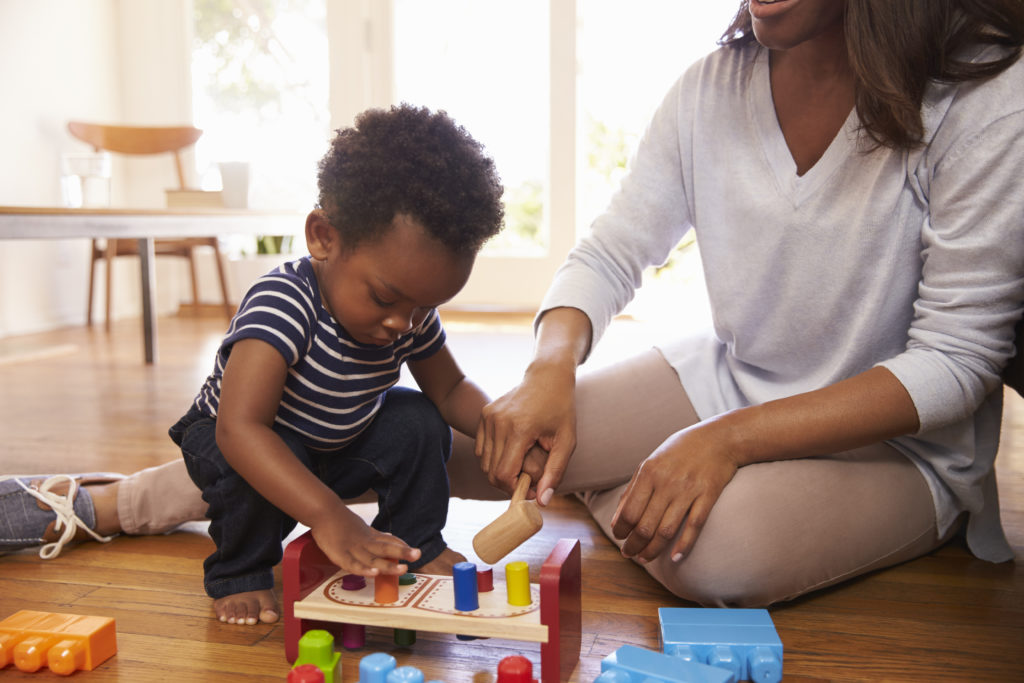What We Work For
Young children’s growth and development depend on the positive emotional connection that babies and toddlers and their parents and caregivers experience with each other.
These early positive relationships also support parents’ and caregivers’ overall well-being by giving them joy, comfort, and meaning. Early Relational Health—or the state of emotional well-being that grows from the positive emotional connection between babies and toddlers and their parents and caregivers when they experience strong, positive, and nurturing relationships with each other—is critical to creating healthy children, healthy families, and healthy communities.
How We Do It
Community by community, we are building a networked and engaged movement in partnership with parents and families. Through our collective imagination and effort, we can make sure that every child is cared for and valued, every family is supported and heard, and every community is made stronger through positive and enduring emotional connection.
Learn more about Early Relational Health and join the movement at our sister site, www.NurtureConnection.org.
